The Korean War, 70 years Ago, Pittsburgh Press
Korean War Weekly Front Pages
8 April – 14 April 1951
The Press, Pittsburgh PA
Big Mac is sacked.
*****
An American division had crossed North Korea’s Hantan River, toughest natural barrier guarding the Communist buildup area, while British commandos struck 130 miles south of the Russian frontier. The commandos, under cover of American carrier planes and bombardment from the sea, stormed a beach eight miles south of Songjin, a North Korean port that had been under naval shelling for 31 days, and withdrew after demolishing a section of the main coastal railroad. Elsewhere on the east coast, two US destroyers hit bridges crossing the Chuurong River only 60 miles from the Russian border.
Chinese Reds abandoned their stronghold at Hwachon after opening the floodgates of the nearby reservoir, the third largest in Korea, in a futile attempt to delay the Allied invasion of North Korea. Pursuing US forces, ignoring the threat of floods, plunged to the southwest side of the reservoir eight to nine airline miles north of the 38th Parallel, the deepest penetration of the Communist homeland in this second battle for North Korea. On Wednesday Chinese troops turned and fought furiously in an attempt to prevent an Allied advance reaching the huge reservoir before they could unleash the full fury of its impounded waters. The Reds poured their heaviest artillery bombardment of recent weeks into American and South Korean ranks and turned well-hidden self-propelled guns on Allied tanks. Ten of eighteen floodgates had been opened, but the Pukhan River into which the dam flowed had been able to take up the additional water without bursting its banks.
UN troops cut into the main Chinese defense line in western Korea with bayonets, flame-throwers and the heaviest artillery barrage of the war. Swarms of Allied planes aided the ground troops with 672 sorties. The Reds challenged American aerial supremacy near the Manchurian border and set off the biggest jet air battle of history. Twenty-two Red planes were destroyed or damaged. On Saturday UN troops drove 12 miles inside North Korea after Chinese Communist defenses crumbled under a week of pulverizing air, artillery and infantry attacks. The Reds abandoned their “Maginot Line” fortifications on the road to Kumwha on the west central front, while 40 miles east two powerful UN forces smashed to the outskirts of Yanggi after smashing Red defenses near the Kwachon Reservoir.
President Truman conferred at length with his military high command, top democratic congressmen and cabinet members on what was believed generally to be the silencing of Gen. Douglas MacArthur’s attack on official UN policy in the Far East. Amid a worldwide uproar, sources let it be known that there was a feeling that the general’s public statements on the use of UN forces and applying Chinese Nationalist troops had endangered cooperation among the Allies fighting in Korea. In turn, MacArthur met with the US Army Secretary to ask for more troops and a free hand to use them as he sees fit to defeat the Chinese and Korean Reds. His points included reiterating the use of troops from Formosa [Taiwan], increasing contributions from other UN members, removing limitations on UN forces, and sending more US troops. It was believed that his position on removing limitations included bringing the war to Communist China.
On Wednesday President Turman fired General MacArthur from his Far East commands, amid cries for impeachment of the president and possibly the secretary of state. One republican senator asked the President to step down, while democrats promoted a probe into “serious military blunders someone made in Korea.” Republicans in Congress demanded that President Truman rip top secret labels off diplomatic files which they claimed would show MacArthur was fired because he opposed appeasement in Asia, and mail to the US Senate had increased by 500%. MacArthur angrily announced that he would come home in about three weeks to tell his side of the story, while Truman warned Russia and China that the US would continue to fight as long as necessary. He added that he had fired the general because “the cause of world peace is much more important than any individual.” The president was scheduled to go on the air late on Saturday night.
House military leaders appeared to have given up in their fight to write Universal Military Training (UMT) into law. Facing bitter opposition to a draft and UMT bill, they agreed to support amendments under which Congress would commit itself to consider legislative recommendations to be made later by a special UMT commission. Midweek the Armed Services Committee had amended its measure to put military training on a standby basis until Congress gives its go-ahead.
The US House voted to give local draft boards the final word on who is deferred to go to college. The boards could not be required to defer anyone solely on the basis of forthcoming nationwide college deferment tests. Each draft board can use its own judgement, disregarding the test scores if it so desired.
(Photo courtesy newspapers.com, Pittsburgh Press)
